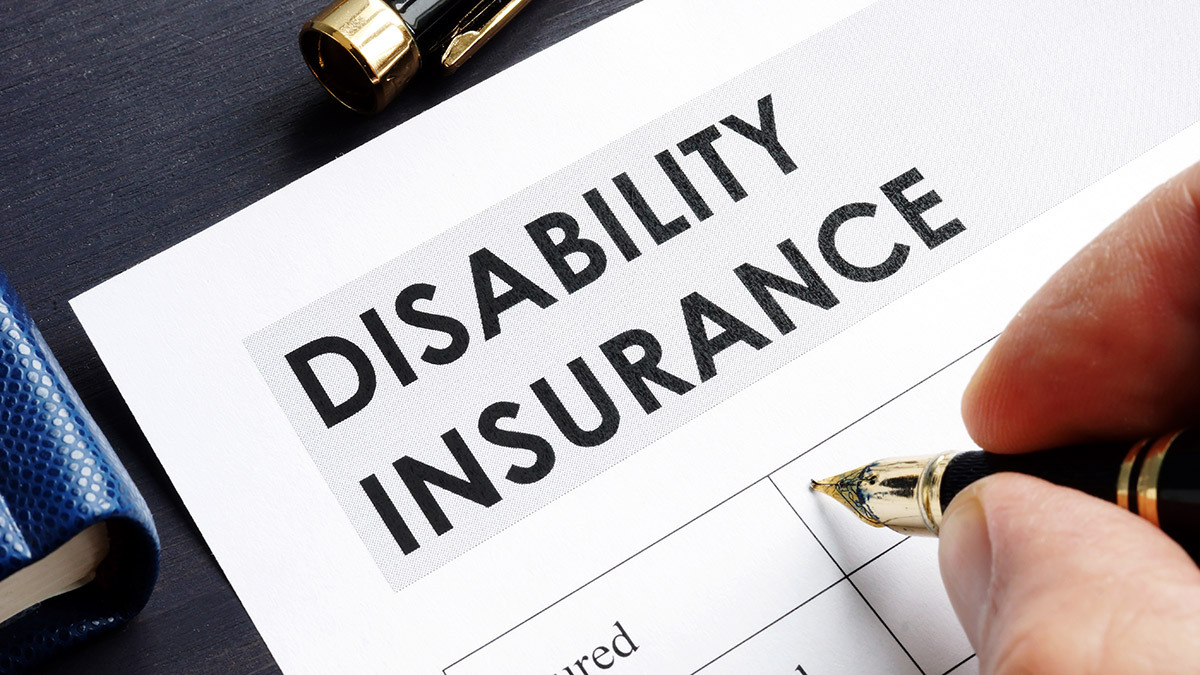Get our independent lab tests, expert reviews and honest advice.
Junk insurance in super: ‘I struggle week to week’

Need to know
- Queenslander Rachel Skelton became unable to work due to ill health
- A fine-print term in the insurance through her super meant she faced a nearly impossible test because she was working casually
- Super Consumers Australia is calling on super funds to get rid of this junk insurance
In what now feels like a past life, Rachel enjoyed the sociability and bustle of her work in customer service.
“It was pretty busy,” she recalls. “I loved it – there was no time to get bored.”
Increasingly, however, health issues made working difficult and then impossible.
She now lives with chronic idiopathic urticaria, angioedema and oral allergy syndrome. Her conditions mean she needs to wear a mask outside (COVID-19 or not) and carry an EpiPen at all times for episodes of anaphylaxis.
Her ill health has also triggered secondary depression.
Forced to resign
Despite warnings from her doctor that she’d have to give up work, she hung in for a few years before eventually having to resign.
Like many Australians, Rachel hadn’t given much thought to the disability insurance in her super and whether it would provide cover if she ever needed to make a claim. “I thought everything would be fine,” she says.
But she was in for a rude shock: “They declined me straight away. They just sent me a letter saying it was declined. I tried calling and speaking to them on the phone and there was nothing.”
Denied insurance because of a fine-print term
It turned out that the insurance company rejected Rachel’s claim for the most frustrating of reasons.
Because she was nominally working casually (she often worked full-time hours, but on a casual basis), she faced a much tougher test known as the ‘activities of daily living’ (ADL) test.
This test is much harder to claim on than the standard test, which usually applies to full-time workers and is generally based on whether the person can work again.
A person can be completely unable to work but fail the ADL test
The ADL test, by contrast, measures whether a person can do basic activities such as walking, talking and feeding themselves. A person can be completely unable to work but fail the test.
ASIC has confirmed that this test has a much higher denial rate – five times higher, in fact. It’s a fine-print term that has meant Rachel’s insurance was essentially junk.
‘That money could pay for some of my medical bills’
The rejection has been frustrating for Rachel, not to mention financially draining.
“I had the paperwork from my specialist, and I was approved straight away for my disability support pension, but I got declined for the insurance – how silly is that?” she says. “I’ve gone from earning good money, and now I struggle week to week.”
It feels like whenever there’s hope that maybe it will go through, they put another barrier up
Rachel Skelton
She is now working with lawyers to try to get her payment, but it’s been a long ordeal. “It’s been years that we’ve been trying to get this to go through,” she explains.
“That money could pay for some of my medical bills. I’ve got medications I can’t even afford because they’re not covered by the PBS (pharmaceutical benefits scheme), and they would make me feel a bit better.”
Unfair situation
She first made a claim back in 2014. The ordeal has been emotionally taxing.
“It feels like whenever there’s hope that maybe it will go through, they put another barrier up,” she says.
Rachel’s lawyer, Josh Mennen of Maurice Blackburn, says the situation is grossly unfair.
“MLC has declined Rachel’s claim after it shunted her into limited ADL cover for being employed as a casual, despite her paying full premiums and being disabled from ever returning to the workforce,” he says.

Assessed under the dreaded ADL test
A number of super funds are removing the ADL test from the insurance they provide, though that is little comfort for Rachel, given the test is still being used to deny her claim.
In MLC’s case, the fund (it also has an insurance arm) has confirmed that it’s no longer enforcing the ADL test for claims where the illness or injury occurred on or after 1 July 2019.
“Going forward, we expect the proportion of TPD claims assessed under the ADL definition to reduce,” the fund wrote in a statement to Super Consumers Australia.
“Unfortunately, we cannot apply the change in TPD definition retrospectively. Changes to insurance contracts are made prospectively to cover insured events that may occur in the future.”
‘MLC could fix this tomorrow’
Super Consumers Australia director Xavier O’Halloran rejects this argument.
“MLC could fix this tomorrow if it wanted to, the fact is it has put profit ahead of the best interests of its members,” he says. “They’ve exposed their members to financial risk and now we’re seeing the cost to people’s lives.”
The industry is recognising these restrictive terms are unjust but continuing to deny older claims based on this basis
Xavier O'Halloran. director of Super Consumers Australia
NULIS Nominees Australia, the trustee behind MLC Super, says ADL tests were once common in insurance for casual workers and those in hazardous jobs. Members like Rachel, whose illness occurred before MLC made the change, are no better off.
“What’s happened to Rachel is clearly unfair,” says O’Halloran.
“The industry is recognising these restrictive terms are unjust but continuing to deny older claims based on this basis. Super funds need to take action to ensure the insurance they offer doesn’t have gaps in it based on your employment status.”
“I just hope… nobody else goes through this”
Mennen says Rachel’s story is the tip of the iceberg.
“Life insurers should not only remove oppressive ADL definitions from on-market policies but also stop declining claims made under older policies with ADL clauses,” he says.
“There are hundreds of disabled super fund members like Rachel who are in dispute over their rightful entitlements when they should have been promptly paid and allowed to focus on their medical and living needs.”
For Rachel’s part, she hopes that super funds and insurers do the right thing and stop relying on these fine-print terms to deny insurance to people too ill to work.
“I just hope they get it sorted and nobody else goes through this,” she says.”If you’re going to be taking insurance money… you can’t keep doing this to people.”





